There’s no denying that home improvement projects can be a fun way to personalize your space, but some DIY upgrades may end up backfiring if you’re thinking about selling. In fact, certain changes can deter buyers, reducing your home’s appeal and ultimately lowering its market value. You’ll no doubt want to avoid such a situation, so here are some DIY projects that could negatively impact your home’s valuation.
Overly Bold Paint Choices
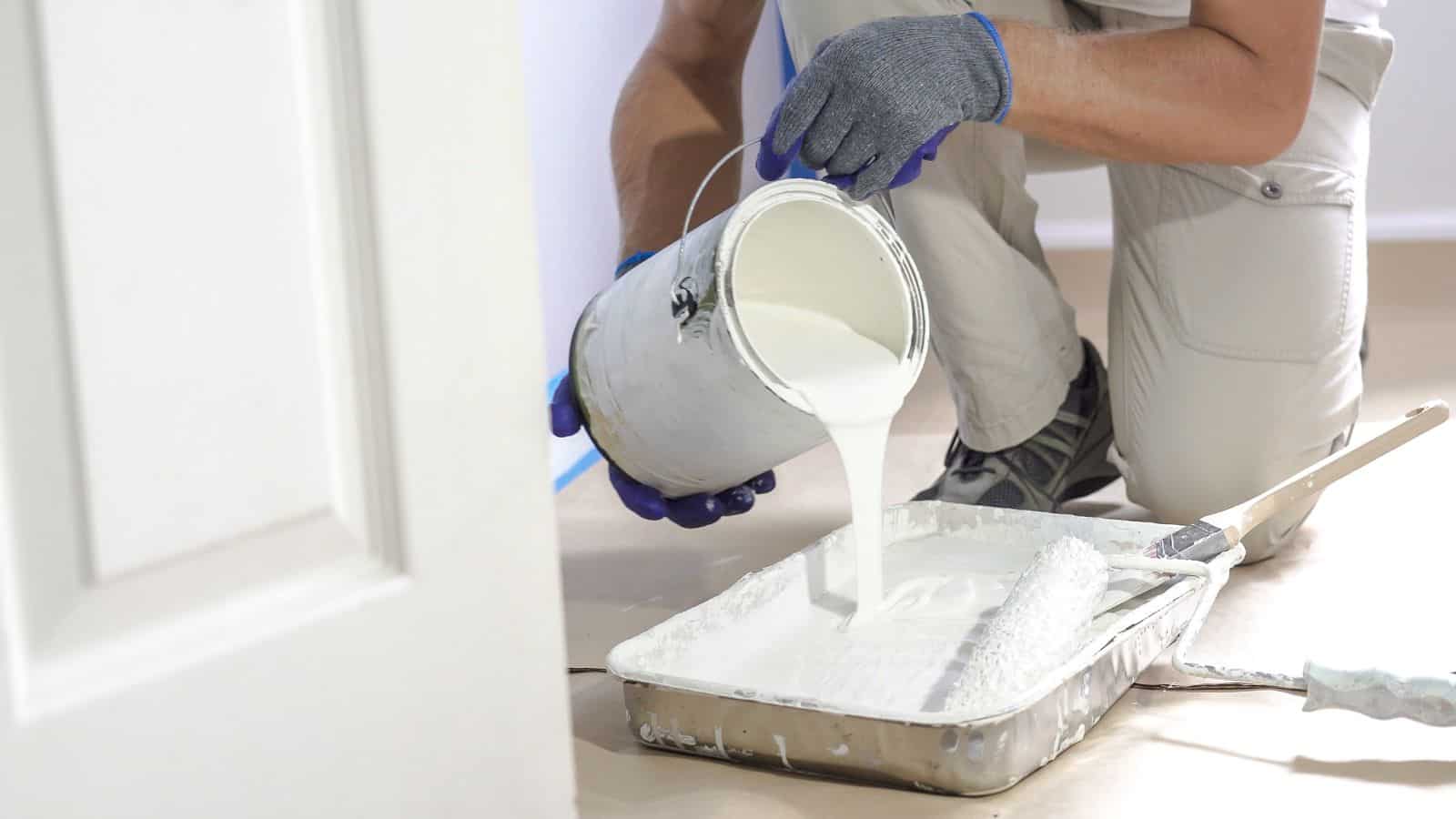
If you’re planning to live in your home for the foreseeable future, feel free to paint it a bold color as long as you like it. However, if you’re planning to sell it, that’s a bad idea, as it can detract buyers who prefer more neutral tones, creating an unsettling sense of alertness. Sure, bold paint can add personality, but it will more than likely limit the potential market. If your house is already rather vibrant, consider applying a fresh coat of neutral paint before you sell up.
Wall-to-Wall Carpeting
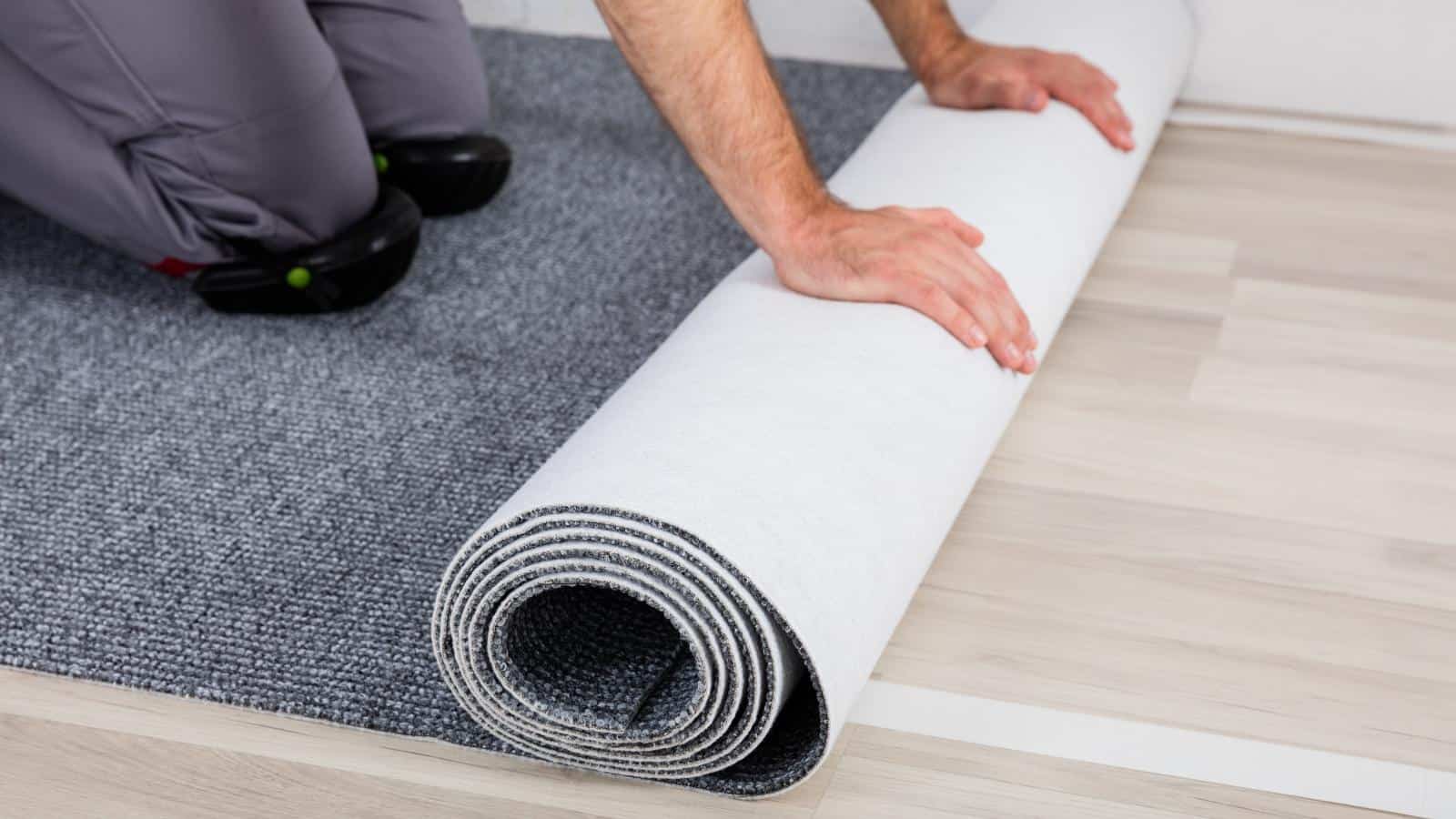
Back in the ‘90s, wall-to-wall carpeting was a symbol of comfort, but these days, it’s less desirable compared to hardwood or vinyl floors. Primarily, this is because it can harbor dust and allergens, and it also gives off a generally dated vibe. If carpets are your preference, consider limiting them to bedrooms, where buyers may still appreciate softness underfoot without feeling overwhelmed.
Converting Bedrooms into Closets

It might seem like a smart idea to reduce your bedroom count by converting a room or two into a walk-in closet, and perhaps that will work out for your family size. However, for prospective buyers, this could lower your home’s market appeal, especially in family-oriented neighborhoods where bedroom count is important. So, we’d recommend keeping your bedrooms intact, as an additional bedroom is far more desirable than an overly large closet.
Removing Bathtubs for Showers
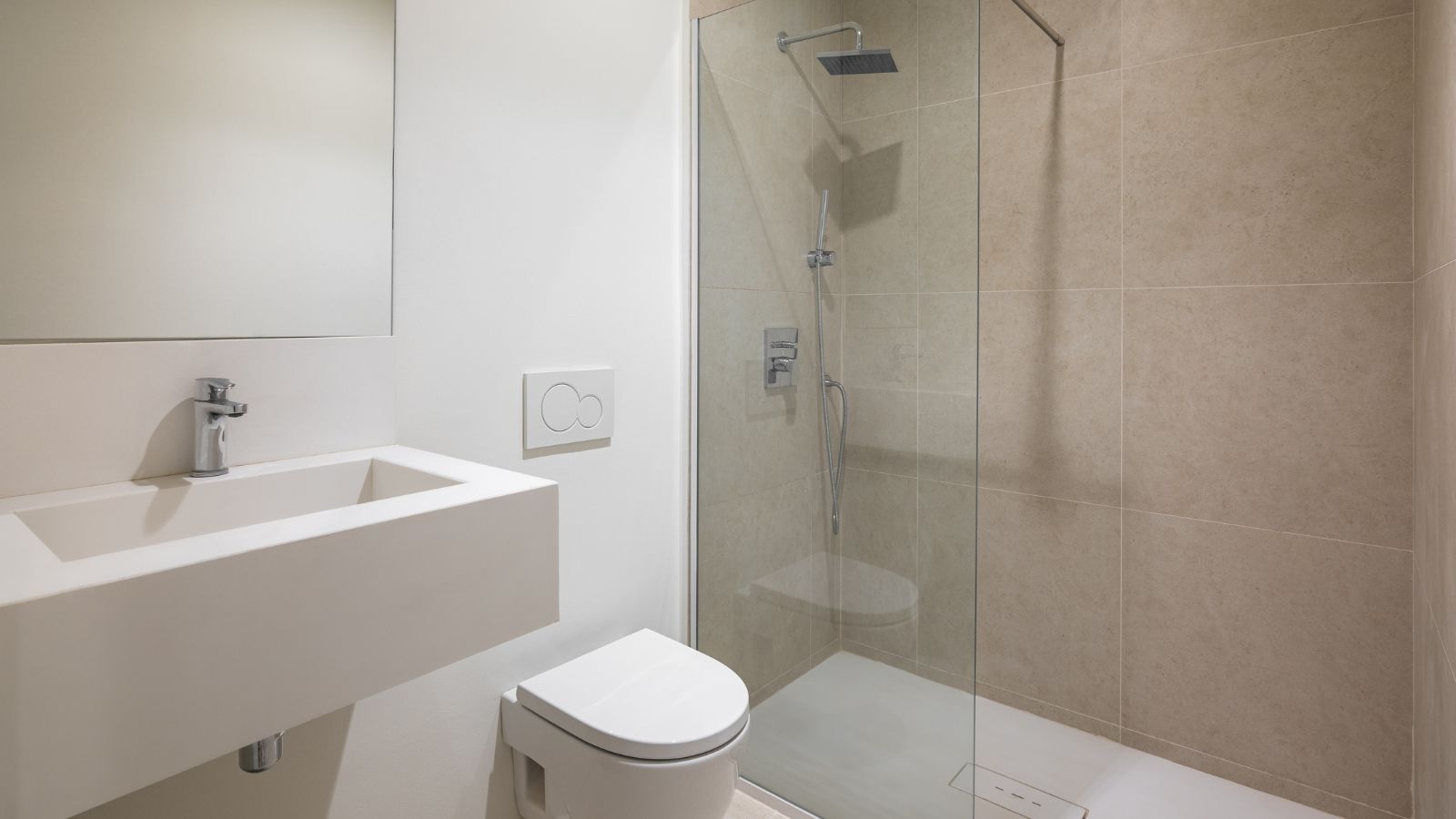
Today, a lot of environmentally-conscious people tend to take showers instead of baths to save water, potentially leading them to remove their baths altogether. However, this isn’t a wise move if you’re planning to sell your property, as it can deter families with children or pets who prefer the functionality of a bathtub. Ultimately, families often need at least one bathtub, so if you’re insistent on getting rid of your baths, at least keep one of them, or you’ll limit your property’s audience significantly.
DIY Plumbing Work
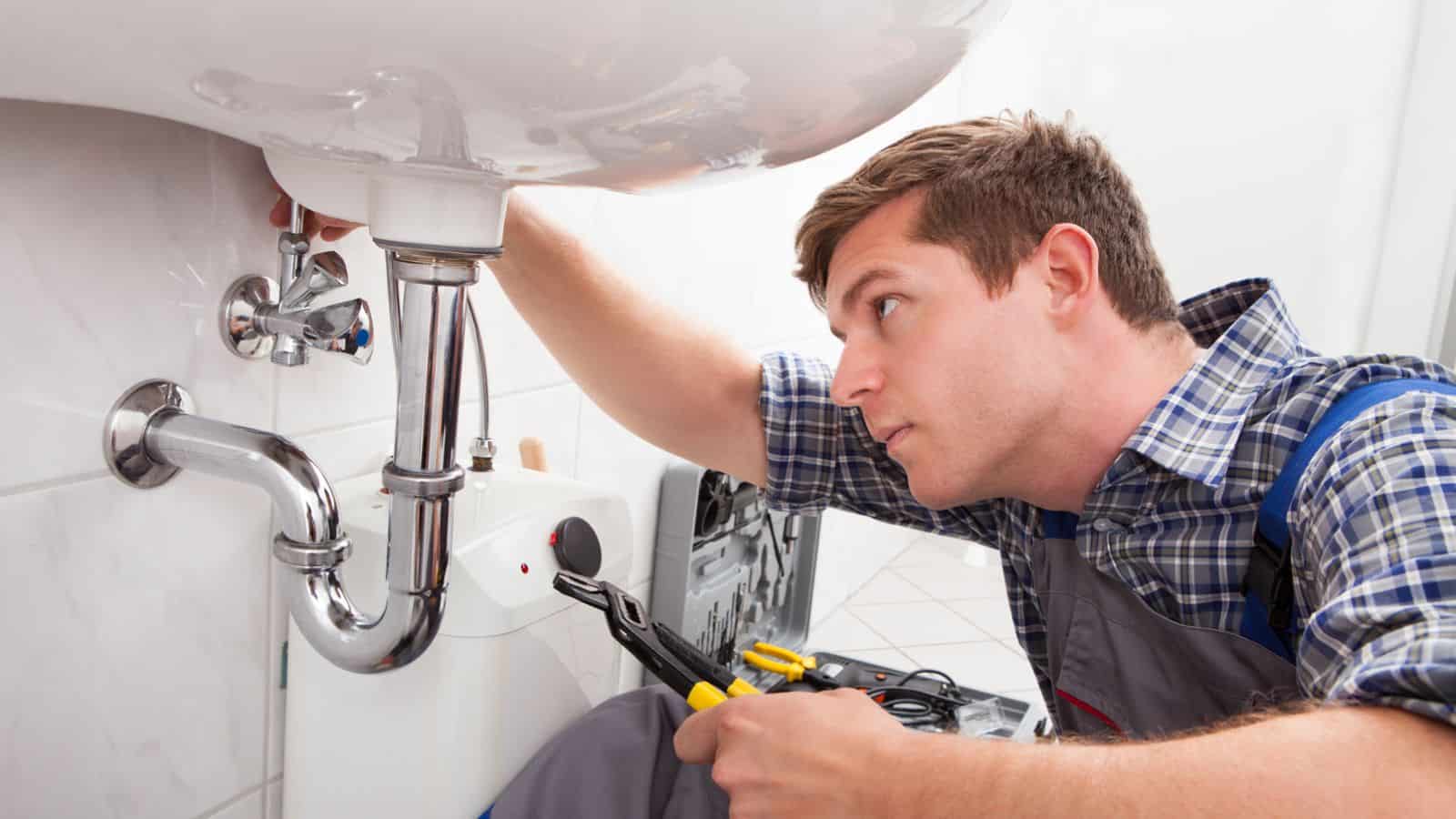
It should go without saying that when selling your home, you shouldn’t rely on DIY plumbing. This could potentially lead to water damage and other costly issues if not done correctly, and buyers will no doubt notice what could be lackluster plumbing. This will stick in their mind, as they’ll have to consider future repairs, so just pay a professional to make sure your home’s plumbing is up to scratch before putting it on the market.
Installing Trendy Tiles
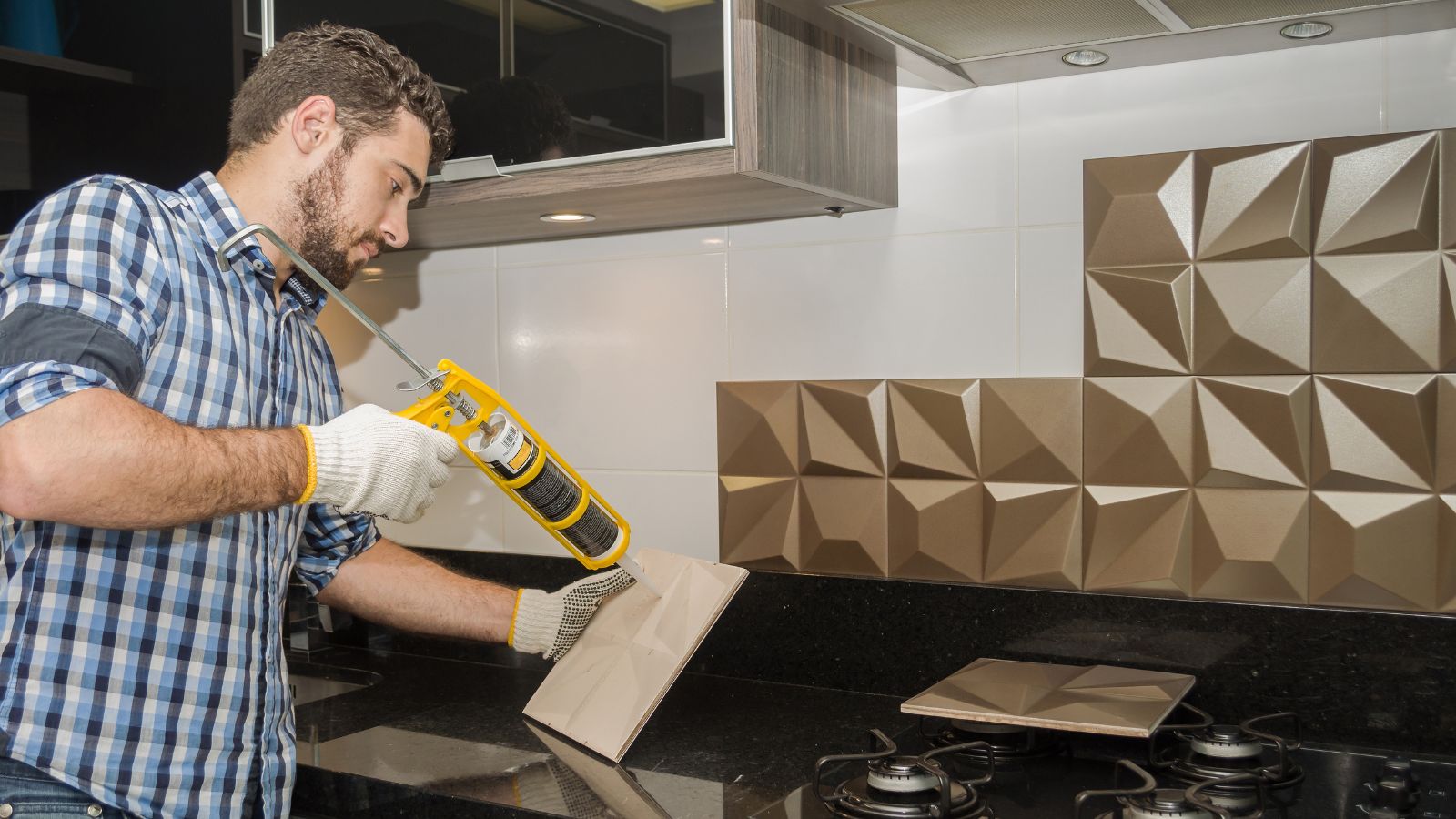
A couple of decades ago, trendy tiles would have been a hit with trendy real-estate buyers, but nowadays, they can make a home feel dated. Neutral, classic designs tend to have more lasting appeal than those that are flamboyant and in your face. There’s no denying that patterned tiles may be eye-catching, but most modern people don’t want to look at them every time they use the bathroom.
Removing Closets
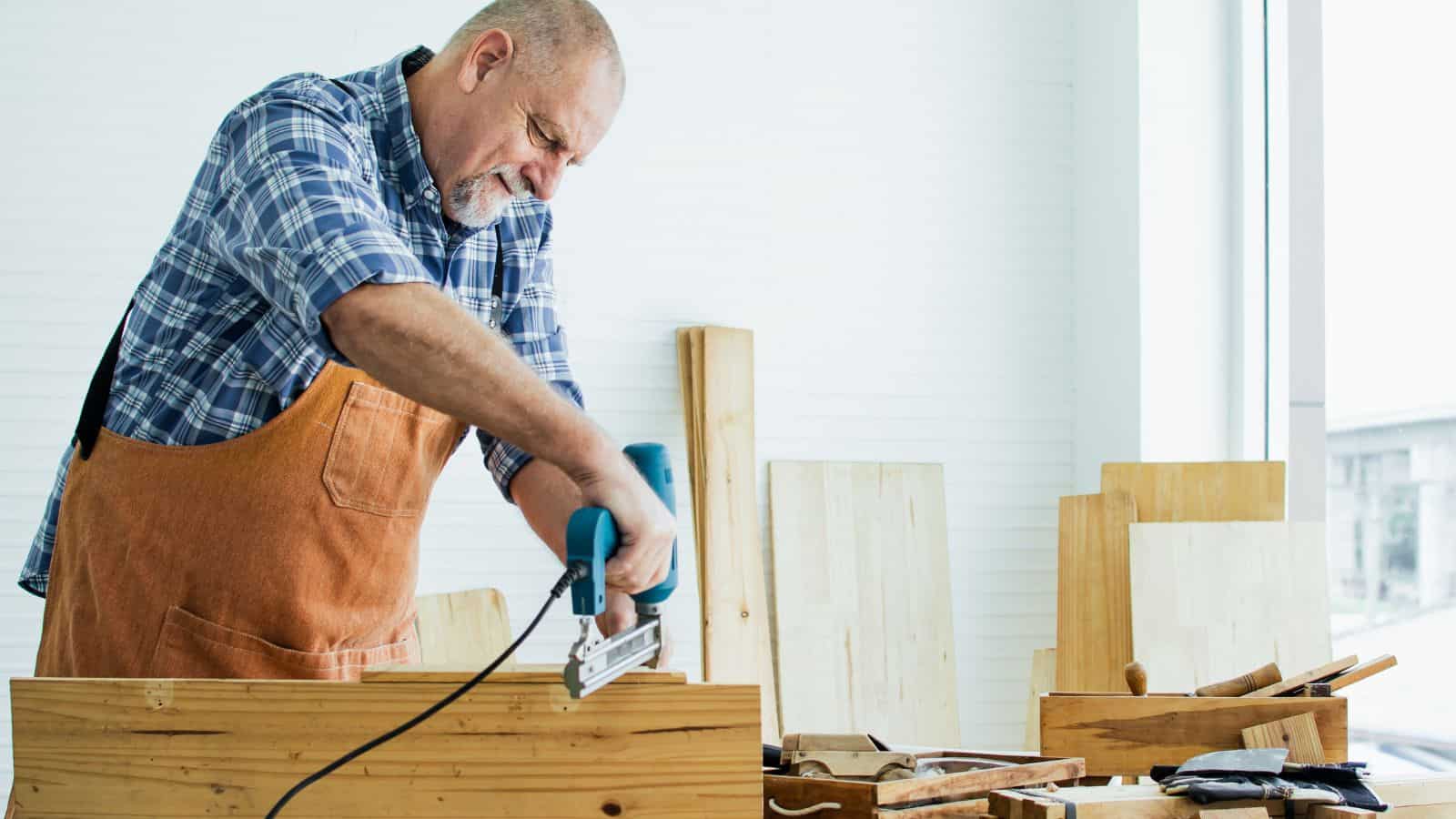
Earlier, we mentioned how you shouldn’t turn your bedrooms into walk-in closets, but you also shouldn’t remove any closets, either. Storage space is a valuable asset in a home, and eliminating closets completely can reduce buyer interest, especially if there’s limited storage elsewhere. Closets, even small ones, add functional appeal, providing practical solutions for organizing and storing essentials. Even if you’re selling your home unfurnished, it’s still worth keeping at least one for convenience.
Over-the-Top Landscaping
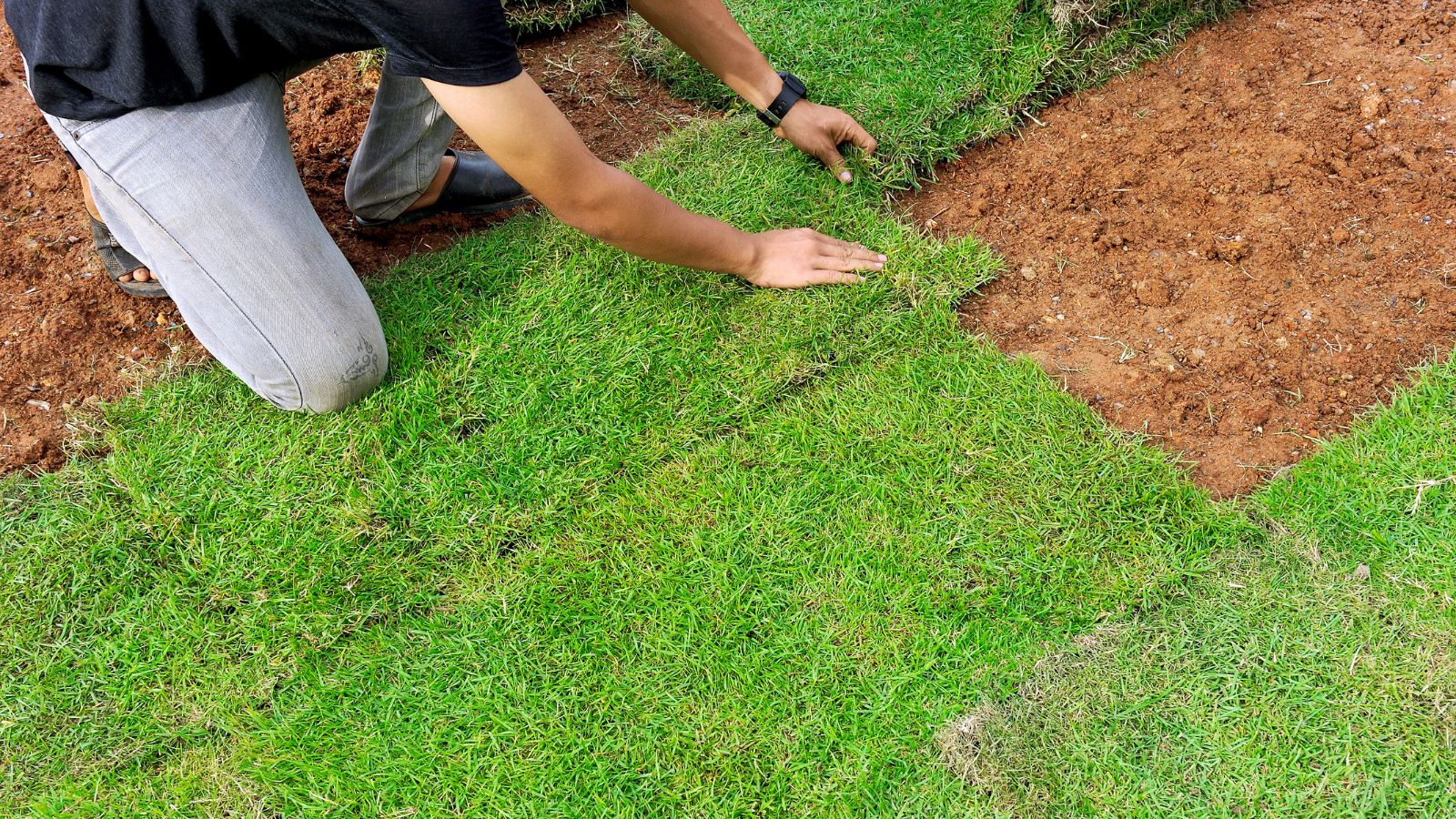
It’s easy to assume that sporting fancy landscaping in your front yard will increase curb appeal, but in reality, excessive or high-maintenance pieces could deter buyers looking for simple upkeep. Low-maintenance landscaping appeals to a far broader market, as not everyone has time to care for intricate garden designs and water features. So, we’d recommend keeping things simple for when the real estate agent comes to take photos of your property.
Building a Home Office in the Garage

These days, many people are switching from traditional careers to remote jobs, but these people are still in the minority. Therefore, converting a garage or other unused space into a home office might not be as wise of a move as you’d think. Ultimately, it puts the home’s purpose into a box, something that a prospective buyer might not relate to. Just leave such spaces empty, and if the buyer wants to turn it into an office or even a gym, they’ll be able to do so.
DIY Electrical Work
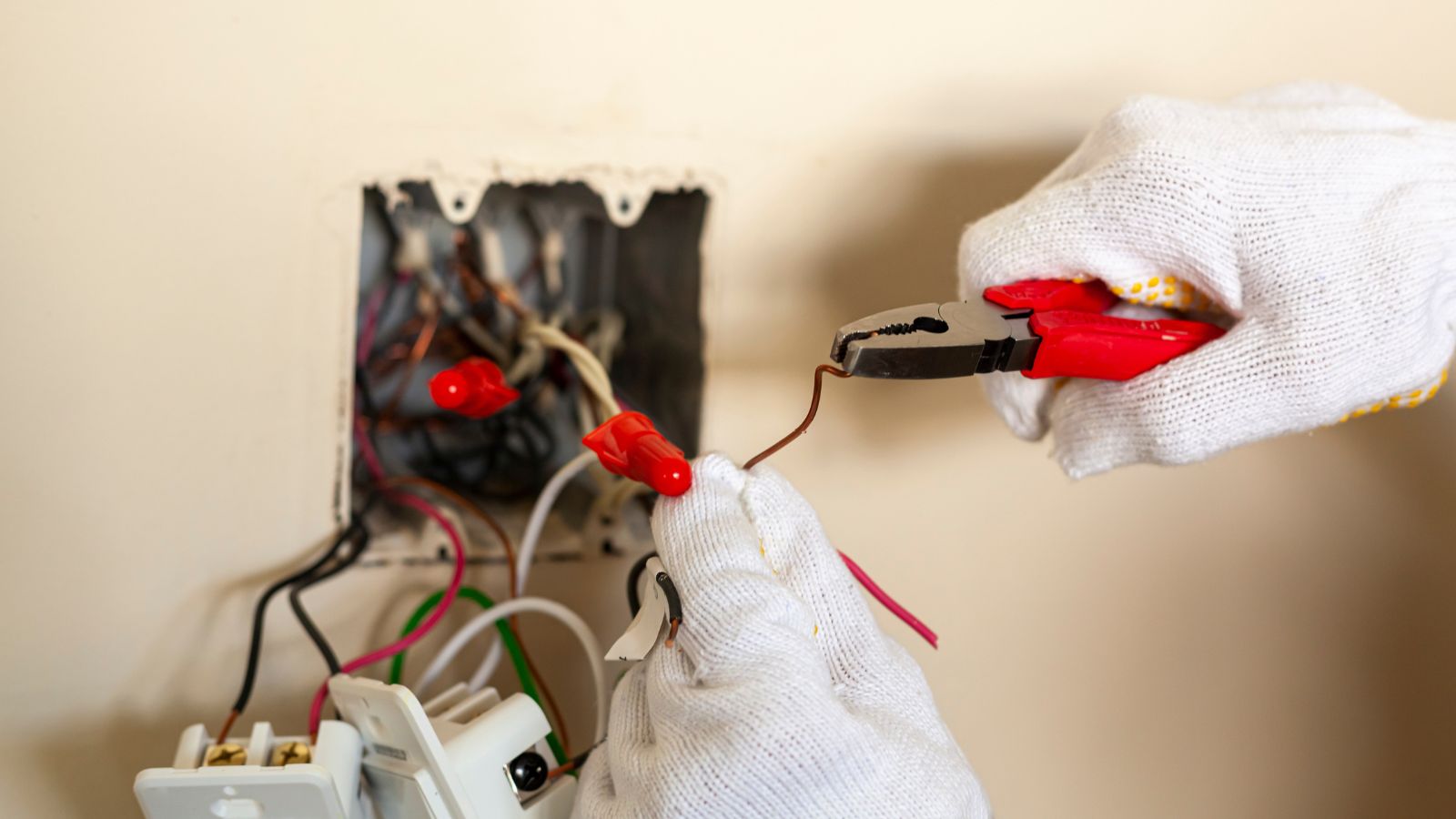
Even more so than plumbing, DIY electrical projects are risky and can lead to significant safety concerns. Professional installation provides reassurance for safety and code compliance, as improper wiring can create fire hazards. Therefore, if you attempt such repairs on your own, future inspections may reveal non-compliance, leading to costly rework. Seriously–just hire an electrician, and it will save you a whole lot of hassle.
Creating an Open-Plan Layout
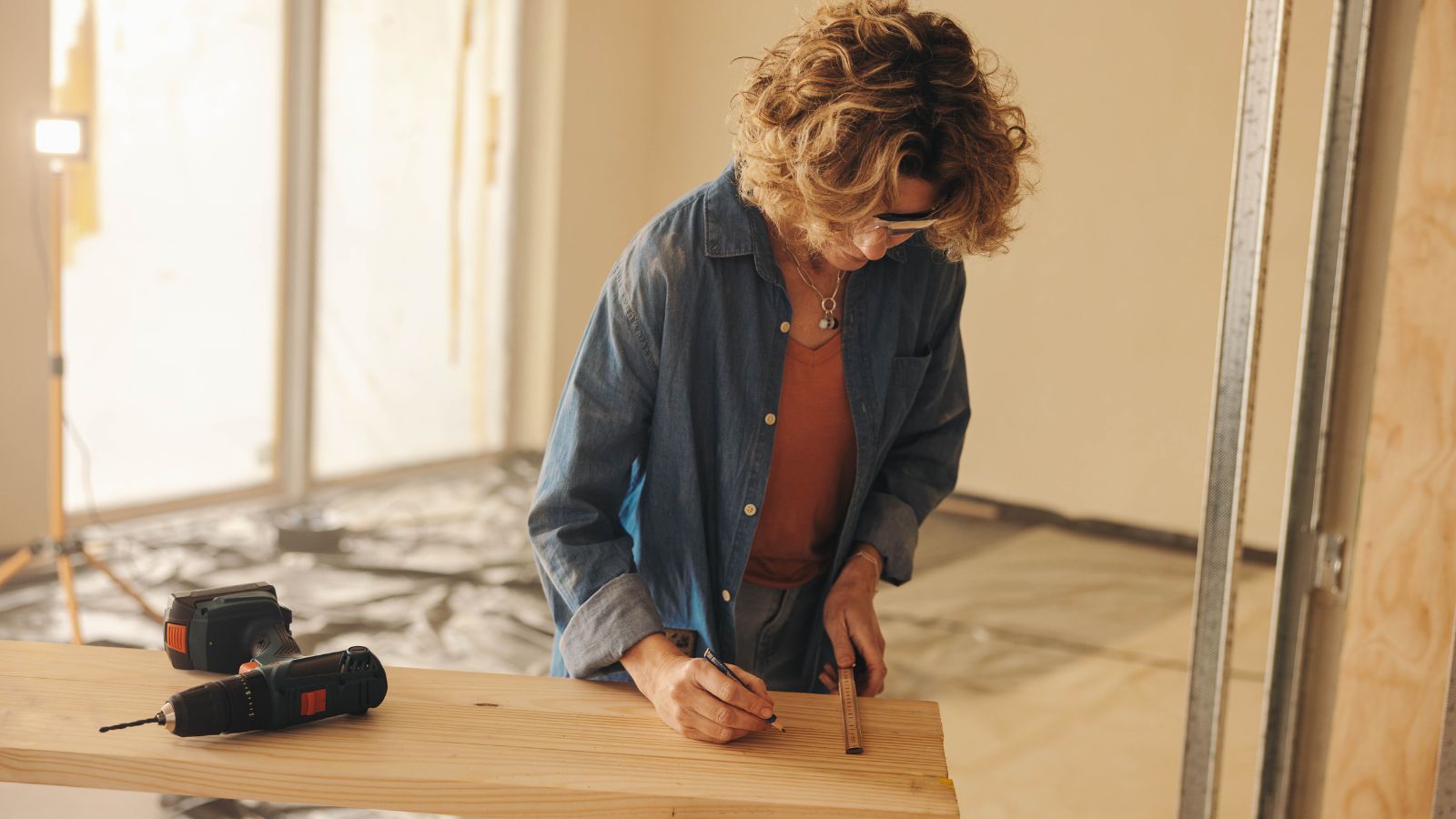
Another DIY project that could lower your home’s value is creating an open-plan layout by removing walls in your home. Yes, doing this can make a space feel larger, but it also may reduce privacy and coziness. It shouldn’t be a problem if you combine your kitchen and living room into one room, for instance, but don’t get carried away, as you might limit your market appeal.
Adding Too Much Personalization
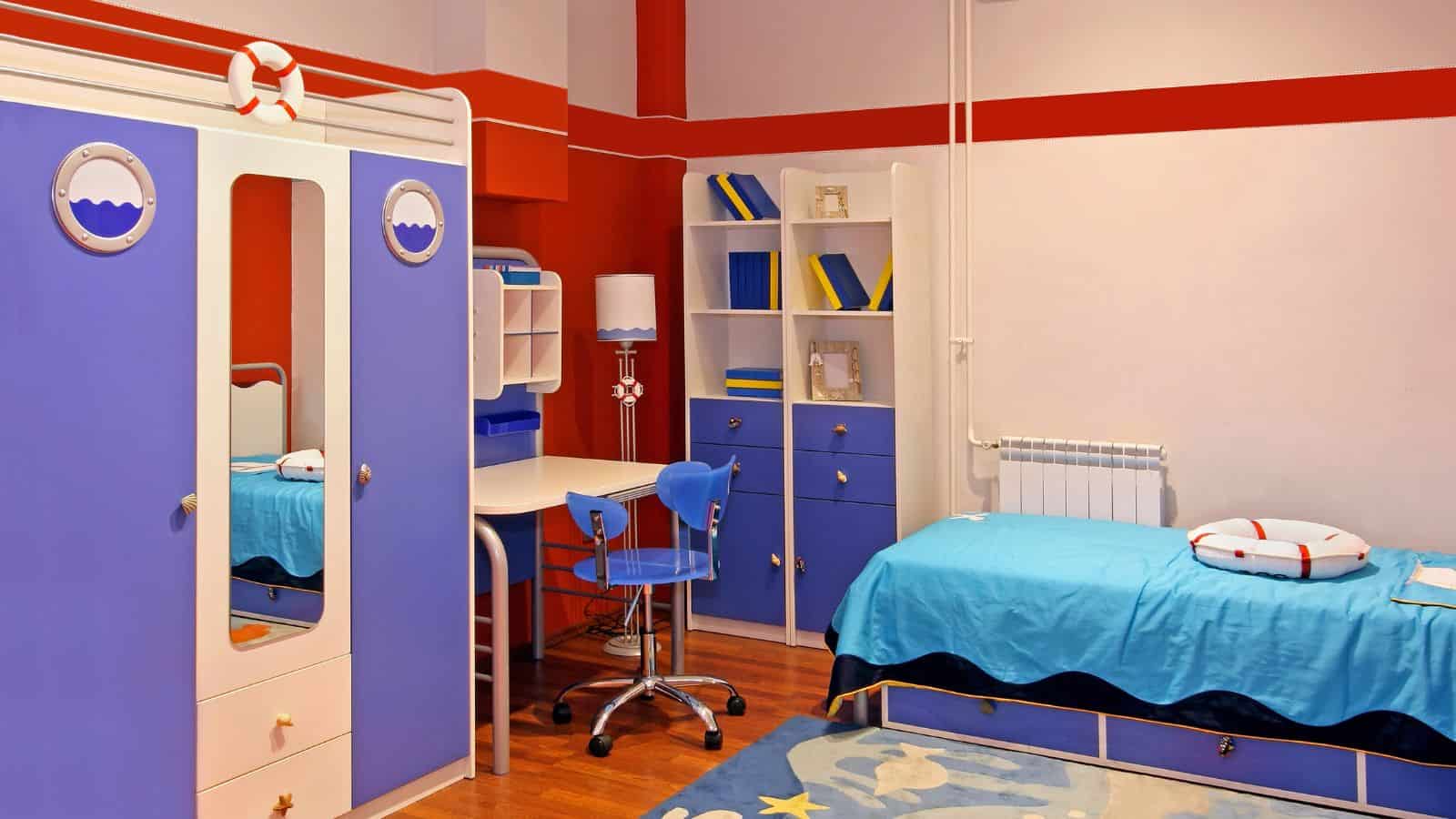
There’s something deeply satisfying and cozy about personalizing your home with decor, but if you’re selling up, it’s time to take it all down. This is because personal decor can make it harder for buyers to envision themselves in the space, as it might not fit their vibe. Sure, a bit of decor can help to attract buyers but keep it neutral and unthemed to prevent putting anyone off.
Overbuilding with High-End Finishes
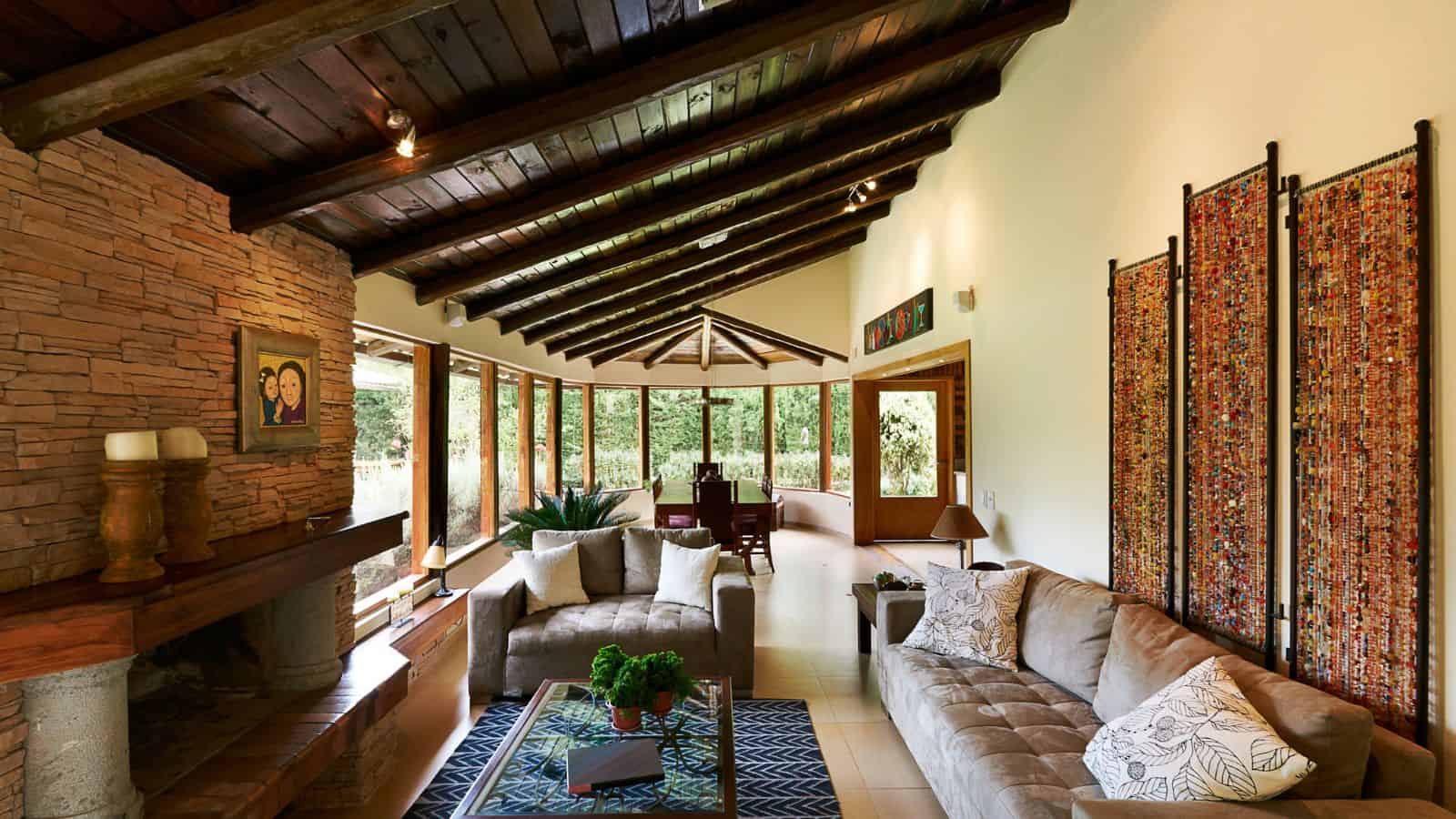
People often overlook how their high-end finishes could make a home harder to sell, especially in a modest neighborhood. Buyers often compare upgrades to the area standard, meaning that luxurious upgrades can lead to overpricing, which is a turn-off for budget-conscious buyers. Instead of overdoing finishes, opt for upgrades that align with neighborhood expectations to keep your property competitively priced.
Making Low-Quality DIY Fixes
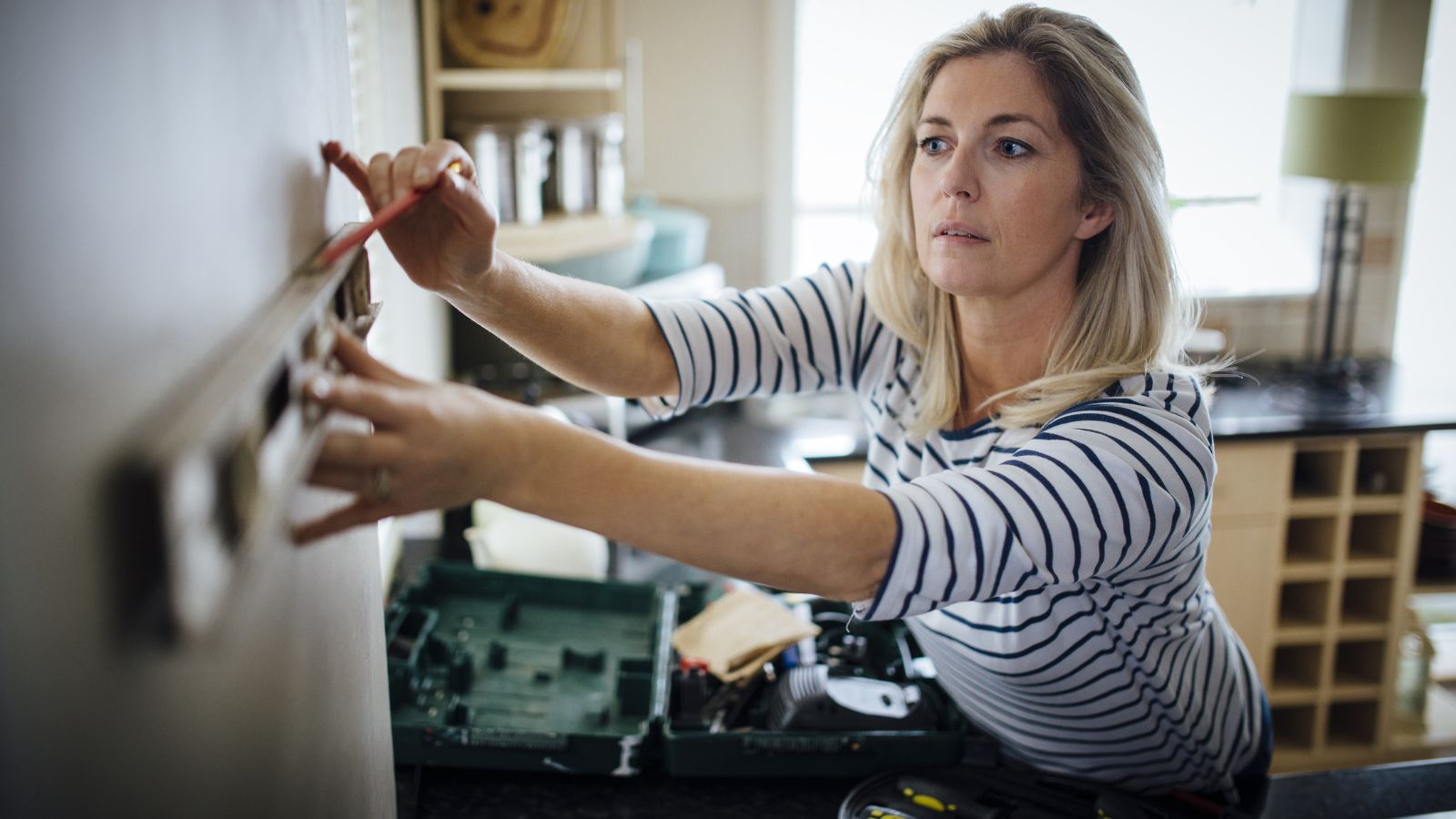
This should be pretty obvious, but poor DIY repairs of any kind can give the impression that other areas of the home may be neglected or flawed. Meanwhile, high-quality work generally reassures buyers of the home’s overall condition. As a result, quick fixes, like uneven paint jobs or mismatched tiles, can detract from your home’s polish, as they’ll end up costing the buyer more money for repairs later down the line.
Installing Built-In Electronics
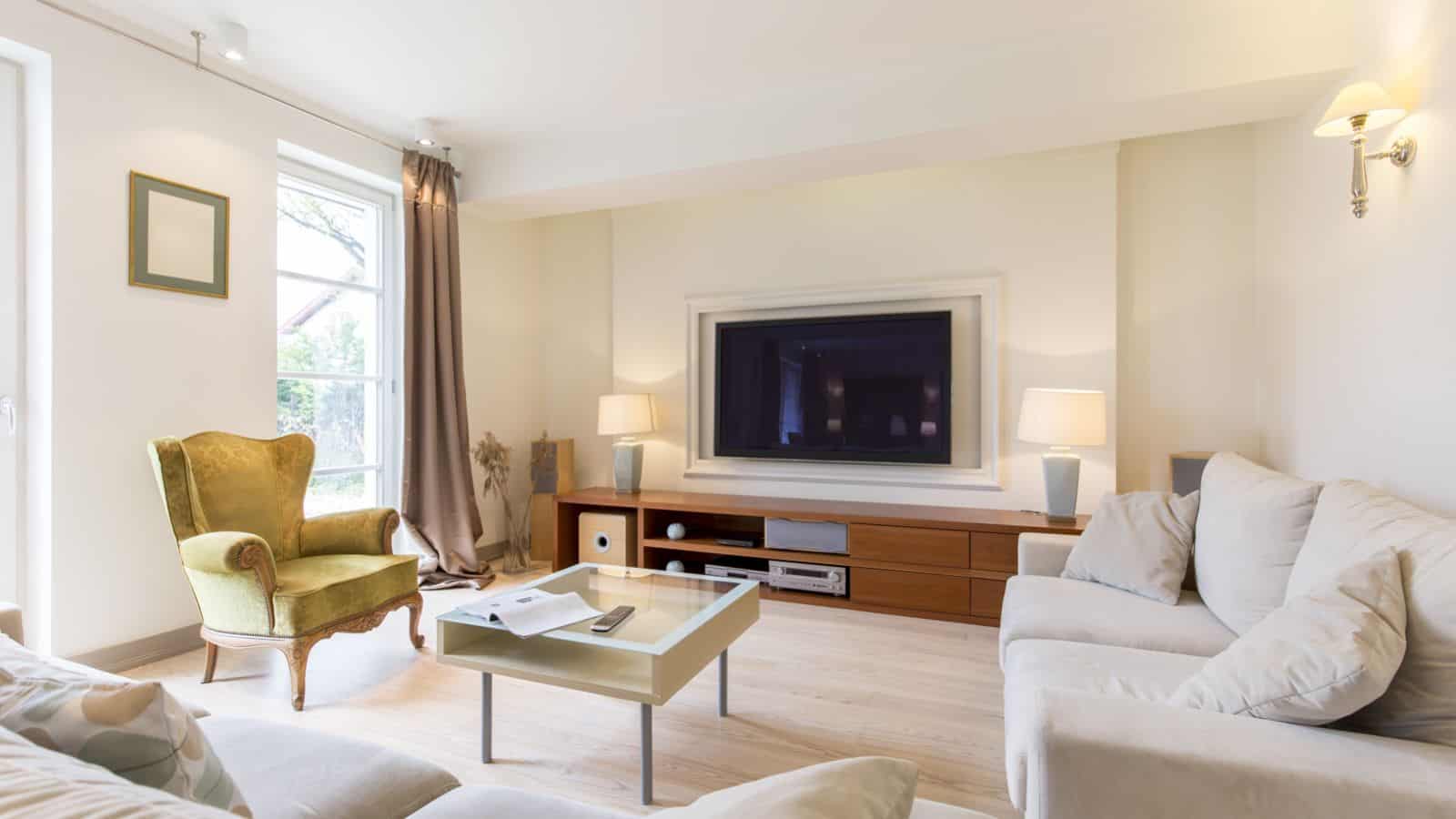
It’s pretty trendy nowadays to have a “smart home,” but the built-in electronics that create such spaces can date quickly and might not suit every buyer. In fact, they often seem gimmicky, unnecessary, or even a pain to deal with, especially considering how fast technology changes these days. Therefore, if you do have built-in electronics or smart tech in your home, it’s probably worth removing it and re-installing it into your new home.
Combining Bedrooms
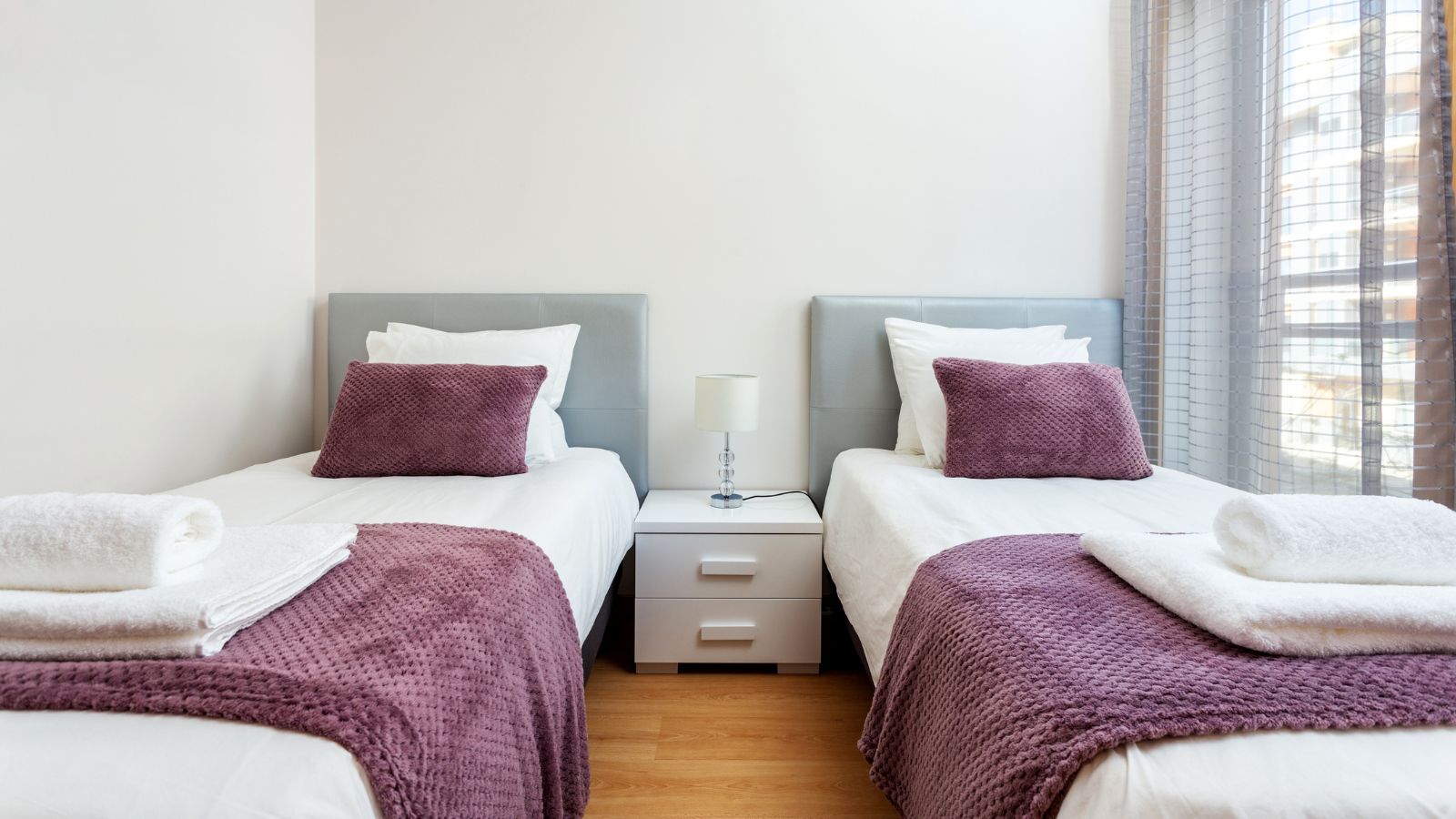
Finally, for the same reasons that we previously mentioned, reducing the total bedroom count by combining rooms can limit your home’s market significantly. Ultimately, families need multiple bedrooms, so by merging two bedrooms into one larger space, you could be rendering your home useless to them. So, preserve the original layout of your home, but don’t be tempted to do the complete opposite and split rooms into multiple bedrooms, either.
